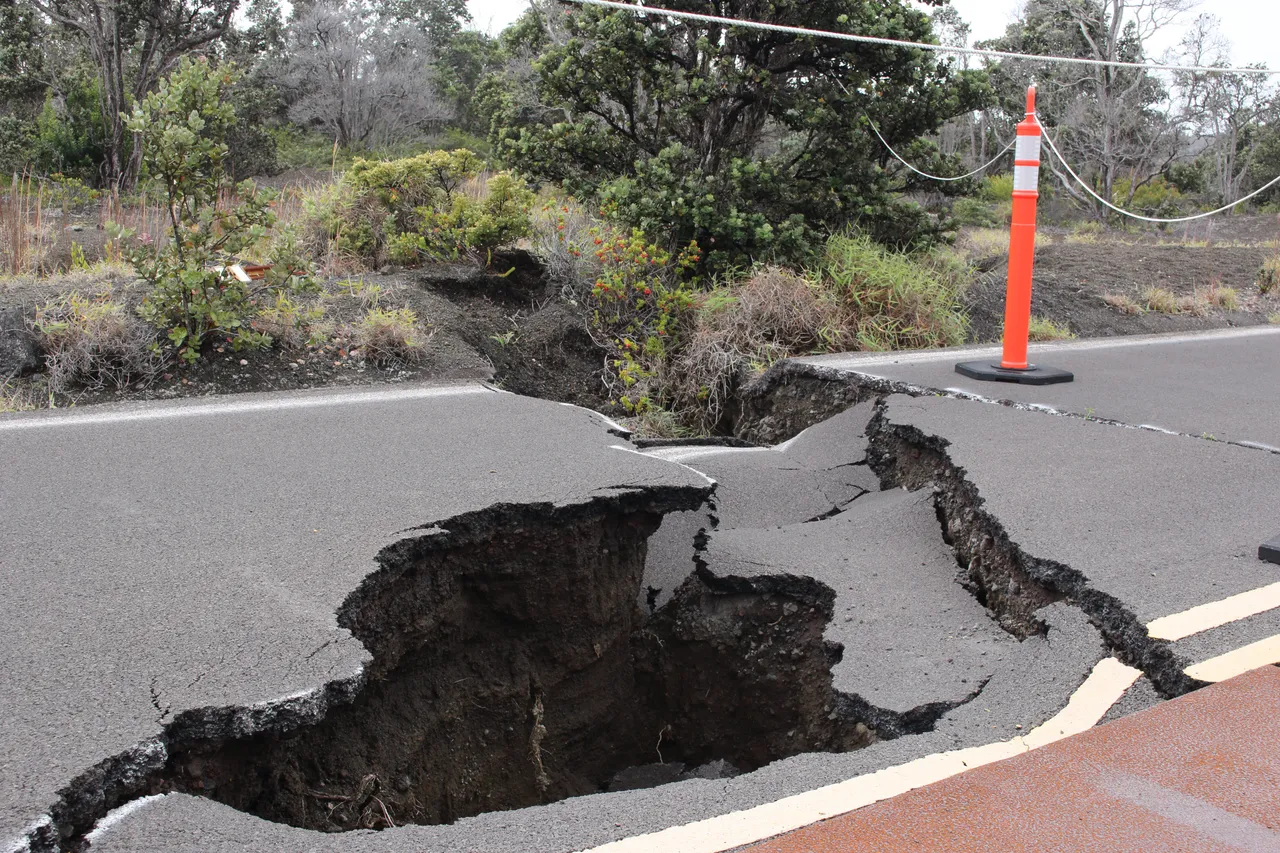
Credit: Wilson Malone in Pexels
I remember that, some time ago, I was talking about how hot it was. It was almost the hot season in our country, so it was not so strange either, but the weather is always a good point to start a conversation.
At one point someone said: "I hope it doesn't get hot". I was surprised and asked why he said that. He replied that when it is very hot earthquakes can happen.
I guess he assumed or was told that was the case. Simply, in search of an explanation or a means of predicting an earthquake, they noticed that, in the few cases they had witnessed one, it was hot. Only in our country it is very common for it to be hot.
What happened was a misinterpretation, in this case, of events. The heat of the day was combined with an earthquake and it was assumed that the heat produced it. Which was probably a fluke.
"Chance" occurs when an event is witnessed or occurs without any intentionality, something we should not confuse with causality. Causality, which is what we are going to study, is a direct relationship between an event and its cause. If we see that a ball that we hold falls, the fact of falling is subject to a cause, which in this case would be gravity. That is to say, the ball falls because of gravity, which implies a correlation between these factors, falling and what causes it to fall.
We could assume then that every situation or fact or phenomenon is determined by its causes and that if we know the causes we could predict the facts. This led to a philosophical stance known as determinism which according to Wikipedia "holds that every physical event, including human thought and actions, is causally determined by the unbreakable cause-consequence chain, and therefore the present state "determines" in some sense the future."
It has always been of great interest to man to discover what is the cause of phenomena. The Greek philosophers endeavored to solve many of these natural riddles. They used reason, logic and different mental tools to support their hypotheses, which did not require rigorous proof to be accepted.
Like them, the biological nature of human beings drives us to unravel the mysterious universe of why things happen. This led to the shaping of many myths and superstitions that, when told by a man of hierarchy in a group, were true and unquestionable.
It is natural for us to look for that correlation in events. We urge an explanation for the unknown, we do not like the inexplicable to remain so. Perhaps, to some degree, it terrifies us. And that has been beneficial because it has brought us to where we are now. But, at the same time, it has generated false theories and pseudosciences.
As I said at the beginning, two situations can be interpreted as related by accident. Either by chance they were both at the time of the incident. or we simply forced the interpretation to fit our internal desire for a response or our ideology.
This error of interpretation is known as Cum hoc ergo propter hoc which is Latin for "as this happened then it causes this". It is a fallacy that happens when, as with the heat and the earthquake, we assume that there is a causal relationship between events just because we saw a correlation between them, i.e., it seems that when one happens, this happens. It is a mistake when we do not check if they really have to do with each other and rule out that they are simply a coincidence.
Two situations or things may be correlated, but this does not mean that there is a causal relationship between them. This is what generates confusion. When there is no logical connection between the factors of an event, it is known as "spurious correlation".

How to know if there is a causal relationship? It only exists if increasing or decreasing one of the variables increases or decreases the other. One works as a function of the other. In the image above (taken from this blog) we see that there is a correlation between what the United States spends on science, space and technology and the number of suicides by asphyxiation. Does it mean that the more they invest in science the more people will commit suicide? That the spending they have makes them commit suicide? That they have to stop investing in space science to reduce suicides? No.
If spending will increase, chances are that the number of suicides will not be affected because they are caused by other reasons. It is then a spurious correlation and most likely a mistake to think that there is a relationship.
Making mistakes of this type, creating illusions and false beliefs leads us to a stagnation in the progress that current methods have given us. We have been there before. In the old days, people made inaccurate correlations and in some cases we could forgive them because they did not really possess many means to prove the non-existence of a relationship between facts or situations.
Look at the old belief that the position of the stars and the planets affected our destiny, our fortune and were a window to the prediction of events.
It is dangerous to believe in these explanations of unfounded origin or because of a misinterpreted correlation. There are people who intentionally manipulate information to convince others to buy or carry out actions against their welfare. It is in these cases that a good skeptical appraisal can be useful. To question and verify is not to insult or belittle.
Translated with www.DeepL.com/Translator